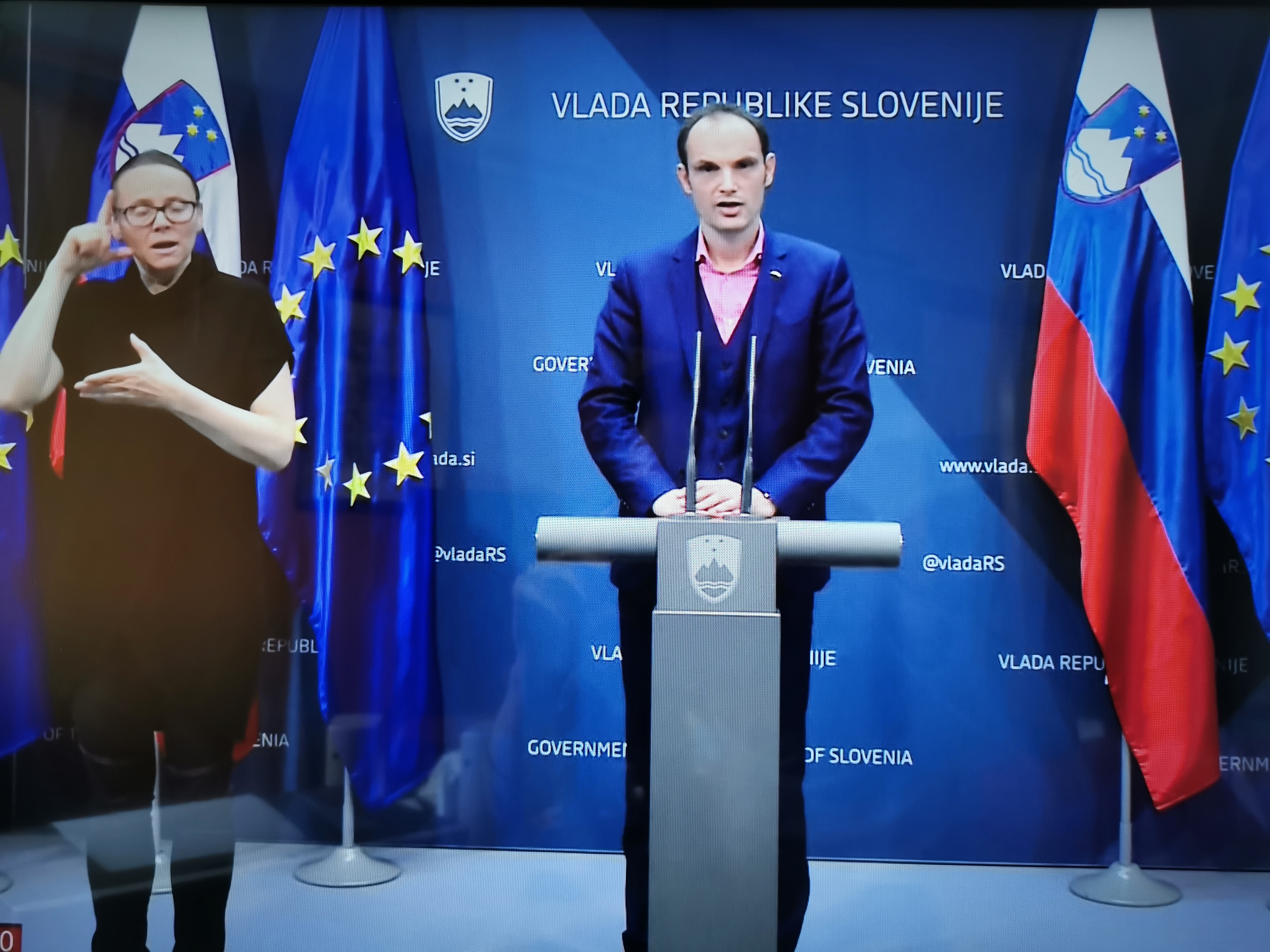The Ministry of Foreign Affairs is currently undertaking one of the biggest repatriation efforts in the history of both the Ministry and the state. Since the evacuation of Slovenian citizens from the cruise ship quarantined at Yokohama in the beginning of February, the Ministry is constantly and intensively seeking for new ways and solutions to bring home Slovenian citizens.
The situation worldwide is not improving, quite the contrary. Countries adopt new restrictive measures, reducing the possibilities of Slovenian citizens to return. “If you are staying in an EU Member State and if your living conditions are acceptable, please stay where you are,” urged the Minister of Foreign Affairs, Dr Anže Logar, today.
When the cruise ship was quarantined at Yokohama with six Slovenian citizens on board, the Foreign Ministry was among the first to have faced the entire range of issues relating to their rescue. As a result of measures taken by foreign countries, Slovenian citizens were stranded at border crossings, trapped on ships or at airports. In view of all this, a consular crisis group was set up at the Ministry on 14 February, with Ministry staff and diplomats responding to questions by phone, e-mail or social networks 24 hours a day. So far, they have responded to some 10,000 questions. Regular contacts are being maintained via diplomatic missions and consular posts, which have so far provided assistance to more than 1,000 Slovenian citizens abroad and their family members, as well as to citizens of other countries.
As many as 360 Slovenian citizens and at least 300 foreign nationals returned home by evacuation flights. Around 120 citizens were brought home by bus.
Between 800 and 1,000 citizens returned home independently with the assistance of the Slovenian diplomatic and consular network. Repatriations from countries with large numbers of Slovenian citizens living in smaller areas have mostly been completed.
Repatriation flights were carried out in close cooperation with the neighbouring countries, of which some have shown exceptional solidarity. Minister Logar expressed special thanks to Croatia, Hungary, Austria, Spain, Great Britain, France, Russia, North Macedonia, Montenegro, and Serbia. In individual future cases, the Ministry will cooperate to the greatest extent possible with the European Commission and EU Member States. Rescue efforts and repatriation of citizens are also planned with the assistance of Finland, Lithuania, Latvia, Sweden, Denmark, and Portugal.
Following their arrival in Slovenia, some citizens have been asked to undergo a 14-day quarantine decreed by experts. This is a usual emergency measure adopted by numerous countries to protect the public health in their respective territories.
The anti-coronavirus package also envisages solutions for foreign nationals living in Slovenia: their visas and other residence permits will be extended, allowing those who cannot return to stay in Slovenia until the end of the pandemic.
The Foreign Ministry advised against all travel abroad on 29 February, and on 6 March, all Slovenian citizens abroad were urged to return home. The understanding for such advice and the compliance with it are improving. However, in view of the persisting crisis around the world, Slovenian citizens who are still abroad are advised to think about their situation as soon as possible and return home safely. If this has become impossible, they should stay where they are if they feel safe there.
The Ministry will continue with repatriation efforts; however, it is impossible to collect everyone who would like to return. Slovenian diplomats around the world, including numerous honorary consuls, are always available and will remain so to provide the best possible assistance to those who remain abroad, especially if they are alone and in difficulties. To avoid delays at border crossings, potential flight cancellations or quarantine requirements in view of the upcoming Easter holidays, Foreign Minister Logar advised all Slovenian citizens to stay where they are, provided that they can reside there safely and taken into account the developments and circumstances in each individual country.

